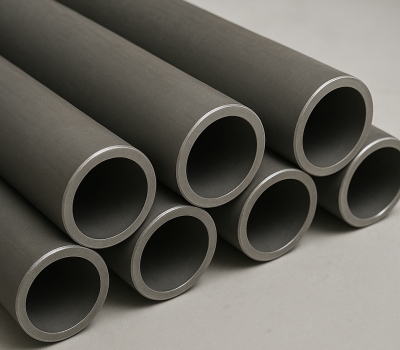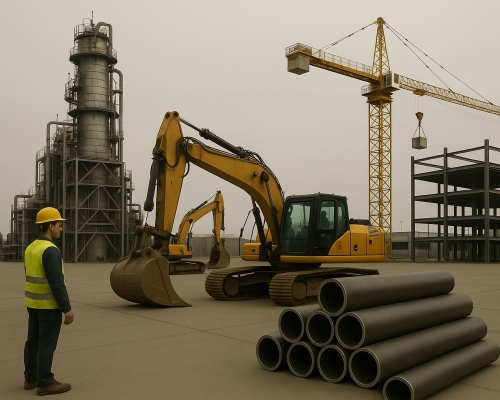Sharing China-Made with Global Customers

Sharing China-Made with Global Customers


Understanding its characteristics and applications can guide better decisions for your projects.
Navigating through the world of piping can be confusing. Schedule 40 is one of the most commonly used designations.
Schedule 40 refers to the nominal wall thickness of pipes. It's a standard designation that aligns with application needs by considering factors like strength and affordability.
Dive deeper into its mechanics and see how it contributes to effective piping solutions across industries.
Getting the schedule right can seem like a puzzle. Understanding pipe schedules helps ensure you choose the right specifications.
Pipe schedules like Schedule 40 specify the nominal wall thickness, guiding the selection of pipes for different applications, ensuring precision and efficiency.
Dive Deeper:
Pipe schedules are part of a system that ensures consistency and reliability in piping solutions. The concept of a pipe schedule (SCH) refers to the nominal wall thickness of pipes. Historically, designations such as standard, extra strong, and double extra strong were employed. The introduction of 14 different schedules, including the widely-used Schedule 40, allows for precise specifications based on application needs. With varying wall thickness to compensate for different pressures, these schedules ensure optimal performance in various industrial applications.
The specifics of Schedule 40 pipes can make or break your project. Its unique characteristics cater to diverse needs.
Schedule 40 pipes have a size range from NPS 1/8 to NPS 24, ensuring versatility. They balance strength and weight, suitable for medium-pressure applications.
Dive Deeper:
Schedule 40 pipes cover a wide array of needs with their size range of NPS 1/8 to NPS 24. The outer diameter remains consistent for each size, with wall thickness variations affecting the inner diameter. This consistency ensures a balance between mechanical strength, weight, and cost, making them ideal for many medium-pressure applications. This flexibility means they are useful in considerable industrial and construction sectors, providing reliability and adaptability for technical requirements.
Choosing the right pipe requires understanding its widespread applications. Here's why Schedule 40 is popular.
Schedule 40 pipes' versatility makes them ideal for industrial, construction, and machinery applications due to their balanced pressure capability.

Dive Deeper:
Schedule 40 pipes are widely used for several reasons. In industrial applications, they are suitable for low-pressure fluid transportation, including water and gas, and are used in chemical processing, featuring ASTM A106 seamless variants. In construction, they are utilized for scaffolding and HVAC systems and are popular in building water and drainage systems. For machinery and equipment, they apply to low-pressure hydraulic systems and, in stainless steel forms, fulfill needs in sanitary and food-related applications. These varied uses highlight their adaptability across different sectors.
Schedule 40 carbon steel pipe stands as a reliable choice for various applications, balancing cost, pressure resistance, and adaptability. It remains a favorite in both industrial and commercial sectors.